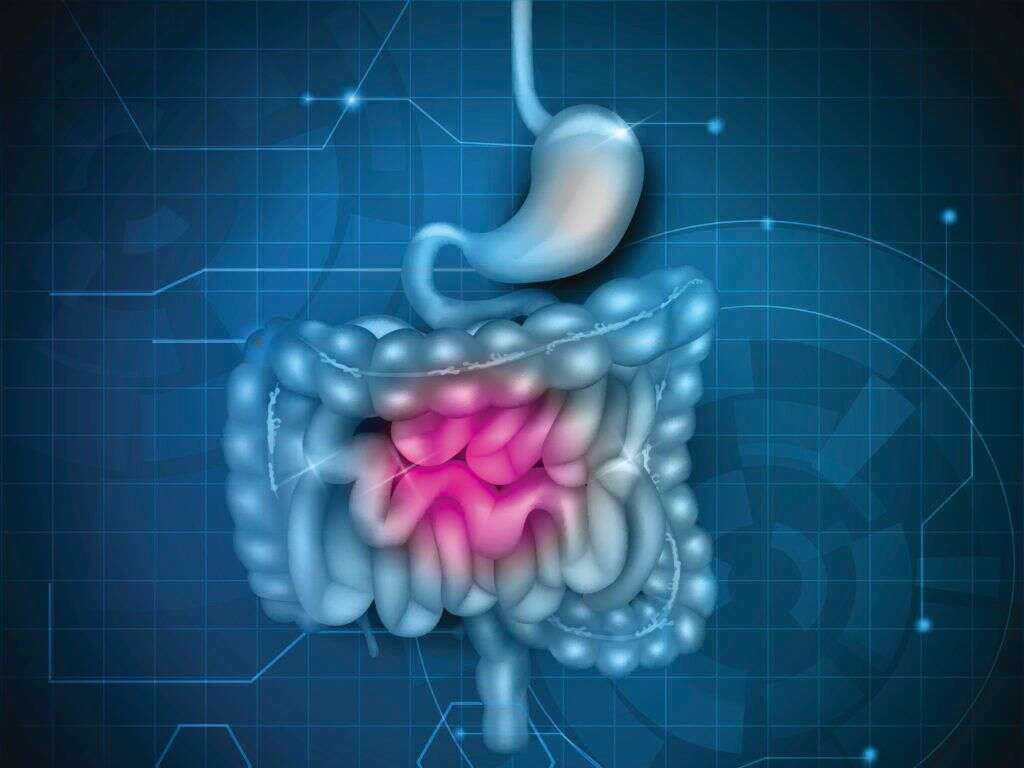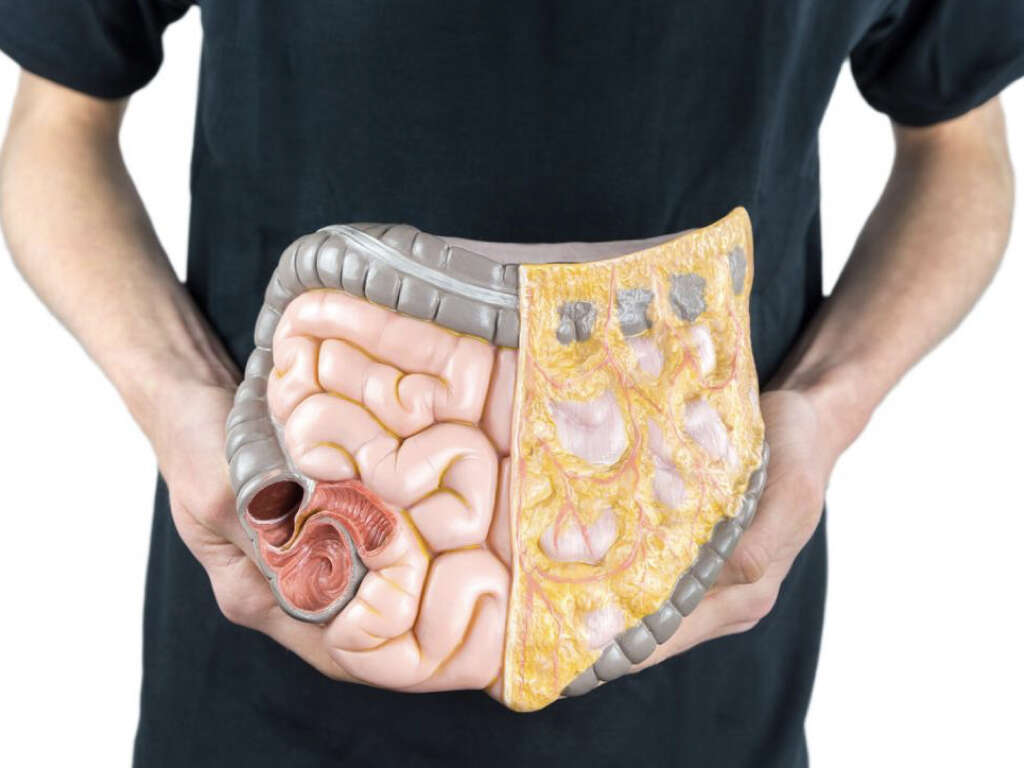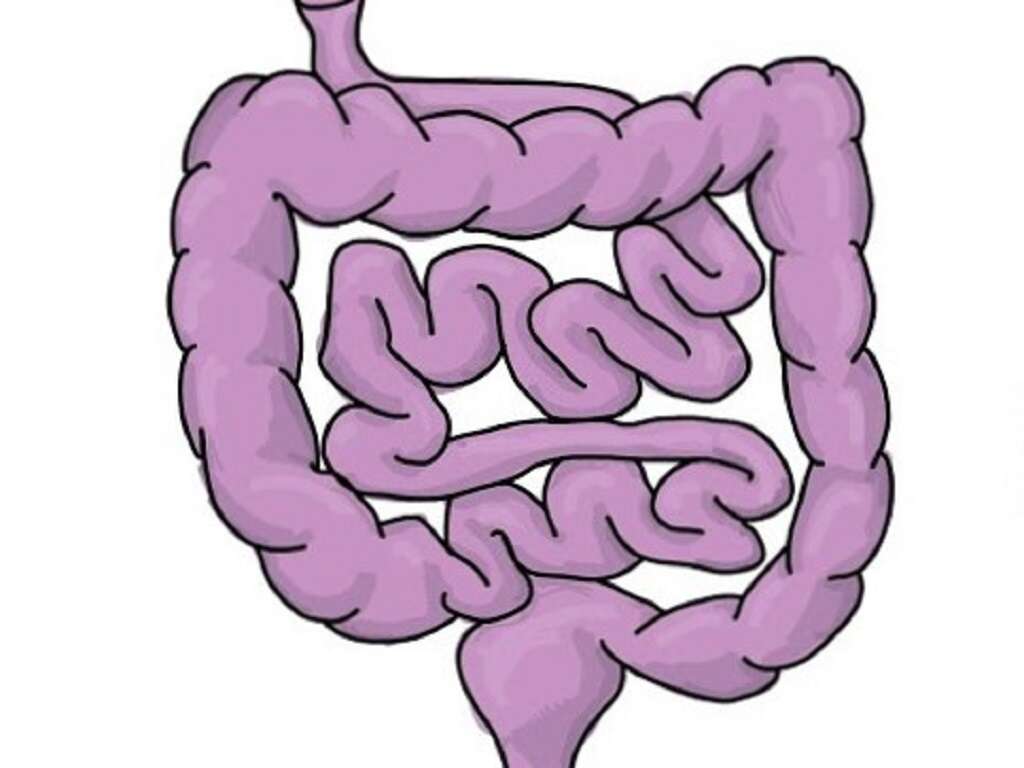10 SIBO Diet Foods
People who have a small intestinal bacterial overgrowth, or SIBO, experience an excessive growth of bacteria in their bowels. Bacteria that are normally reserved for the large intestine manage to spread and begin to grow in the small intestine. This can lead to a number of unpleasant problems that can reduce the quality of a person’s life. People suffering from SIBO often experience pain that can range from mild to moderate, as well as other gastrointestinal issues such as diarrhea and nausea.
People with SIBO are also more likely to experience malnutrition and nutritional deficiencies because they require more nutrients to feed the bacteria. If they continue to eat their regular diet then these bacteria will consume their nutritional intake. One of the easiest ways to manage your SIBO is to take antibiotics. These can help to clear out your digestive tract of any excessive bacteria.
It’s important to be careful with this method of treatment however, because antibiotics are not selective and won’t stop killing bacteria when there’s a normal amount. You’ll have to make sure that you stop taking them before you wipe out all your intestinal flora. Another easy way to help manage the problems associated with SIBO is to get on the SIBO diet. There are a number of foods that can be beneficial for helping people recover quicker and prevent many of the symptoms associated with SIBO.
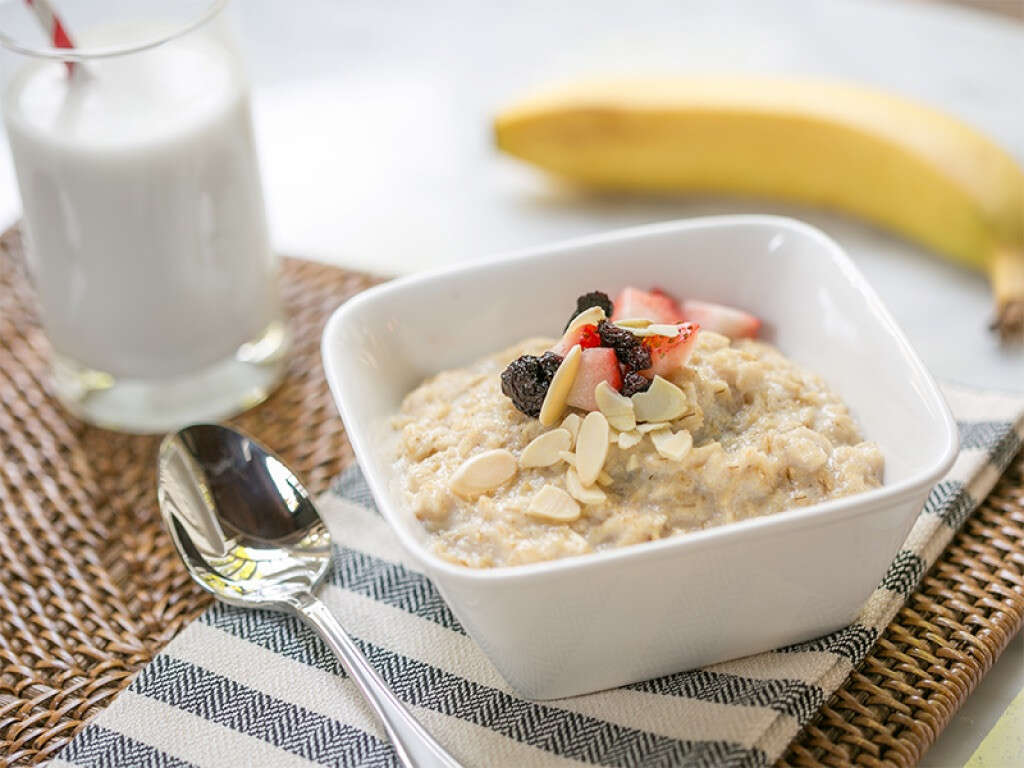
SIBO Diet Food #1: Oatmeal
One of the main considerations when choosing foods for your SIBO is to make sure that your foods contain low amounts of FODMAPs, which are a certain type of carb that are very hard to digest. These FODMAPs are fermented by the bacteria in your body and can aggravate symptoms.
Oatmeal is one food that contains a significant amount of carbs, but very few FODMAPs. Oatmeal contains healthy, complex carbs that are easily and slowly digested. These carbs can provide you with long-lasting energy and can actually improve your intestinal health.

SIBO Diet Food #2: Eggs
Eggs are a great food source for people suffering from SIBO. Eggs are high in protein and low in carbohydrates and can make an excellent addition to breakfast, lunch, or dinner.
Eaten in the morning, eggs can provide you with a significant dose of protein that will keep you full for quite a while. In the evening, the tryptophan found in eggs can actually help you get ready to doze off. Eggs are a great food for any time of day and can be great for helping to reduce symptoms of SIBO.
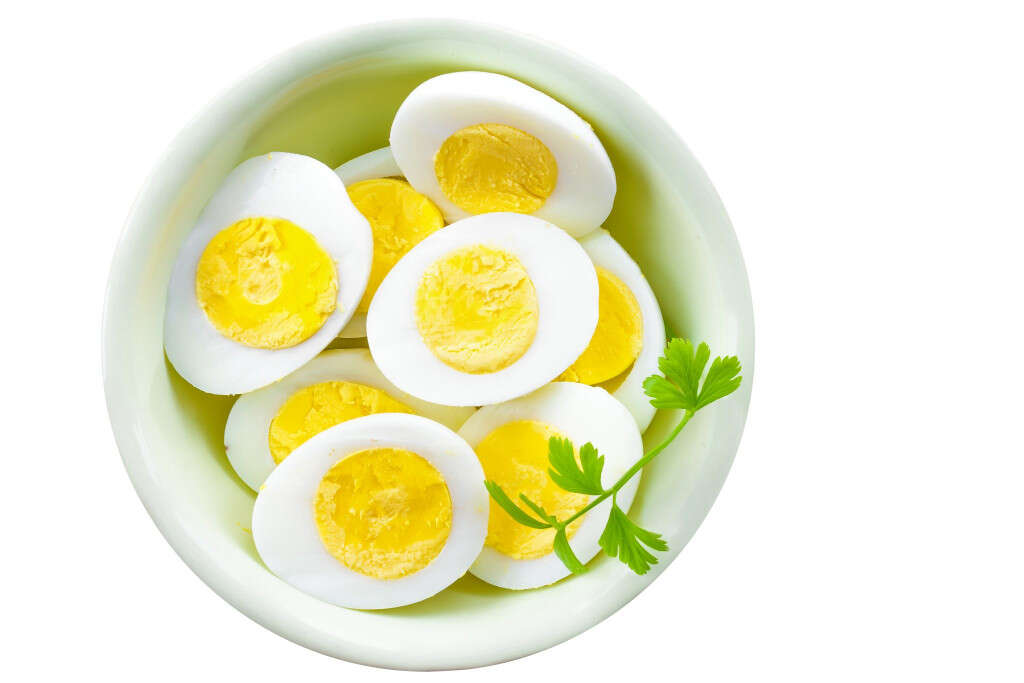
SIBO Diet Food #3: Lactose-Free Milk
This might sound like a bit of a paradox, but there really is lactose-free milk. This is important to note because regular milk is actually not recommended for people with SIBO as the lactose included can aggravate the symptoms and make patients quite uncomfortable.
Lactose-free milk has the lactose removed through a process that results in a product that tastes pretty much the same but causes far fewer side effects. This is a good option for people with SIBO.

SIBO Diet Food #4: Chicken
Chicken is another great food for people who are struggling with SIBO. It is low in carbs and FODMAPs and provide a great source of lean protein for a relatively low calorie count.
If you’re going to be cooking the chicken yourself, you should avoid cooking it with oils like margarine. Instead, use a healthier vegetable oil like olive oil or try to use something even better for your body like ghee or clarified butter.
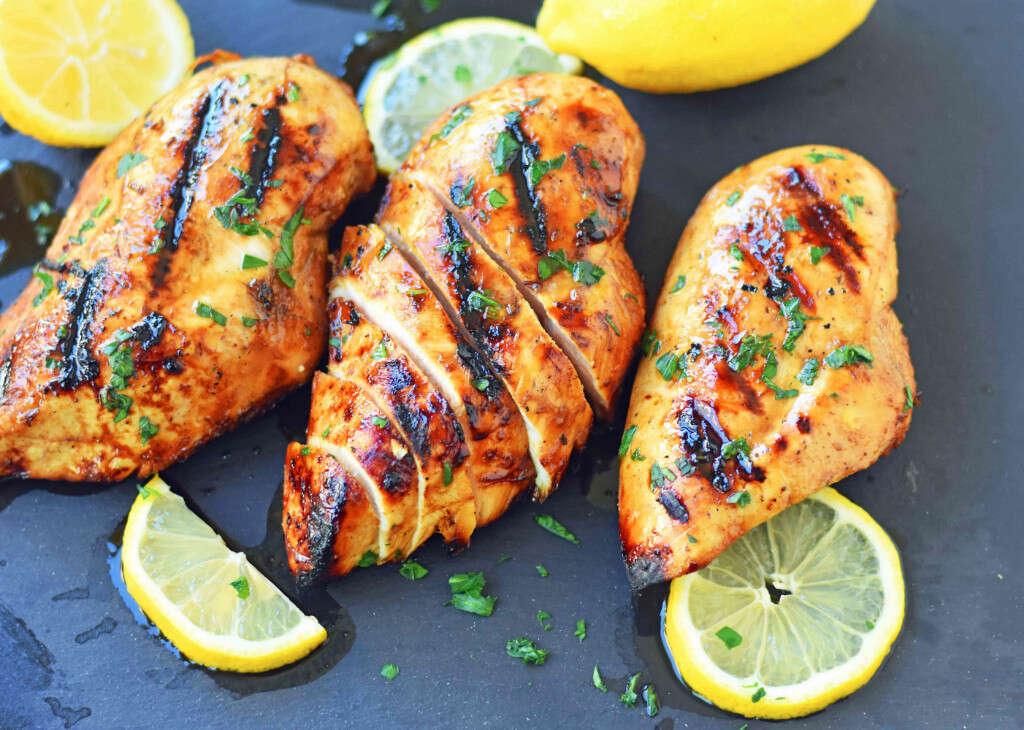
SIBO Diet Food #5: Fish
Fish is one of the best things that you can eat, whether or not you are suffering from SIBO. Fish is a rich source of many different nutrients, as well as a good source of protein.
One of the most important things about fish is that it provides us with a healthy dose of omega-3 fatty acids. These fatty acids are vital for our overall health and can improve our digestive system. Furthermore, fish is low in carbs and doesn’t cause any risk of over-consuming FODMAPs.

SIBO Diet Food #6: Squash
Squash is a very versatile vegetable that’s packed with nutrients. The various forms of squash, ranging from summer squashes like zucchini to spaghetti squash, are rich in polyphenols and flavonoids and can be an important part of the SIBO diet.
Spaghetti squash and zucchini are especially useful because they can actually be useful for making vegetarian, vegan, and gluten-free noodles. By putting squash through a vegetable spinner you can spiral them and cook these spirals like noodles.
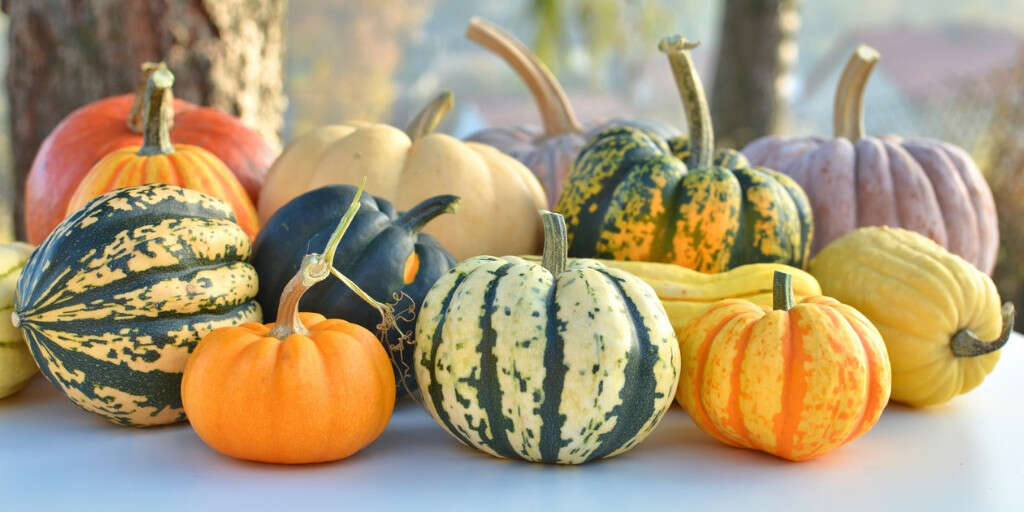
SIBO Diet Food #7: Leafy Greens
Leafy greens are important for anyone’s diet, not just people suffering from SIBO. The leafy green vegetables are a great source of antioxidants and important nutrients like vitamin K. They also help to ensure proper intestinal health.
Some of the most popular leafy greens include kale, spinach, and Swiss chard. If you’re not a big fan of cooking with these leafy greens then you can put them into juices or smoothies – this actually helps to retain even more of their nutritional benefit.

SIBO Diet Food #8: Carrots
Carrots are another vegetable that are great for people suffering from SIBO (and for people in general.) Carrots are rich in carotenoids. These are the nutrients that give these vegetables their bright orange color and are great for helping to enhance the health of the eyes and skins.
Carrots also don’t contain any FODMAPs and are thus ideal for anyone suffering from SIBOs.
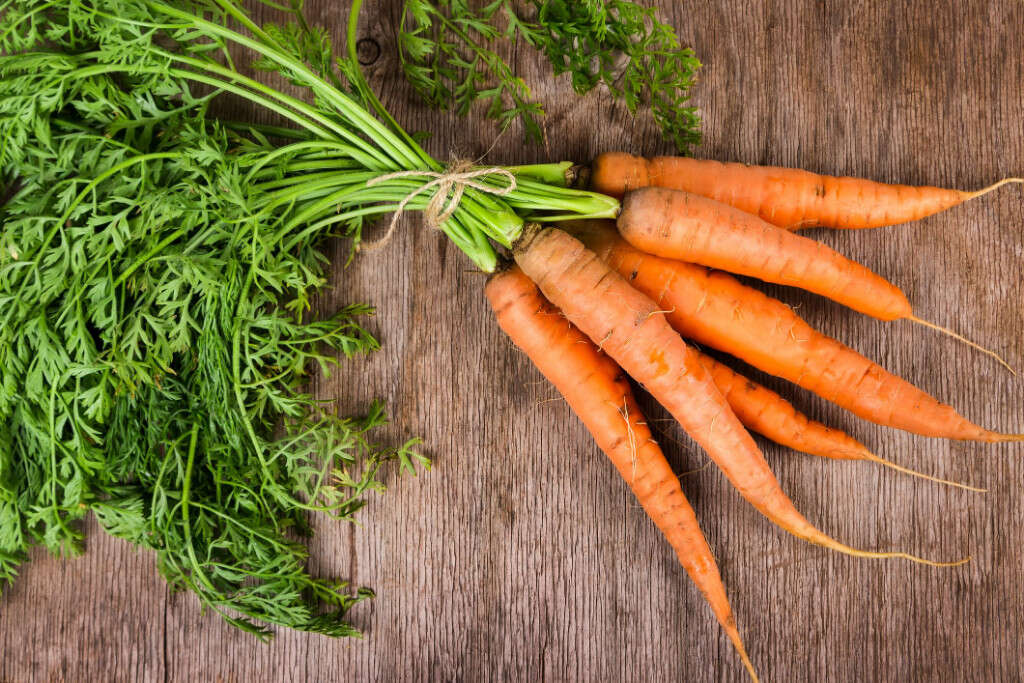
SIBO Diet Food #9: Gluten-Free Noodles
Gluten-free noodles are important for anyone suffering from SIBO who enjoys having a good bowl of noodles. This is because gluten is particularly difficult to digest (regardless of whether or not you have celiac disease) and it’s important for anyone with SIBO to take care of their digestion.
We’ve already mentioned that you can make noodles out of vegetables, but you can also get rice noodles and quinoa noodles that provide delicious, healthy alternatives without any of the gluten.

SIBO Diet Food #10: Gluten-Free Crackers
There are tons of crackers that are made with foods aside from wheat. You can find crackers made with quinoa, brown rice, and other healthy grains that can provide you with a gluten-free alternative to your favorite crackers.
Putting things like cheese or olives on your crackers can further enhance their nutritional benefit while not causing you to experience any aggravated symptoms of SIBO.





